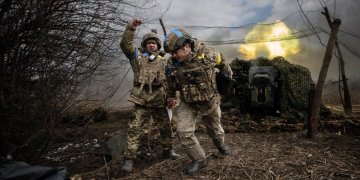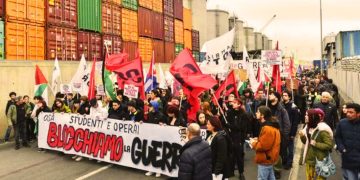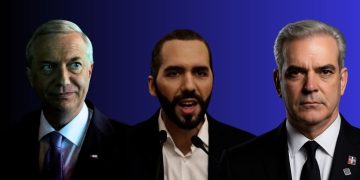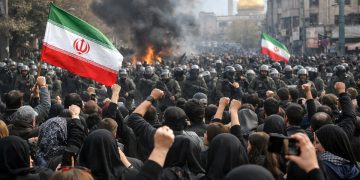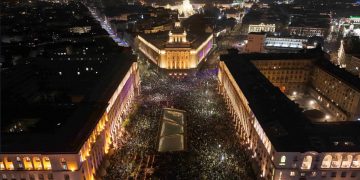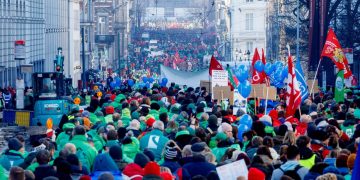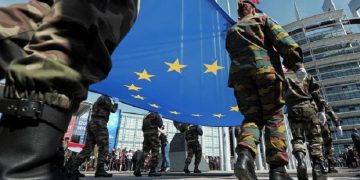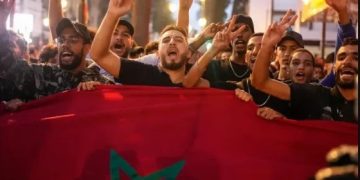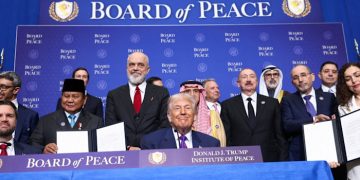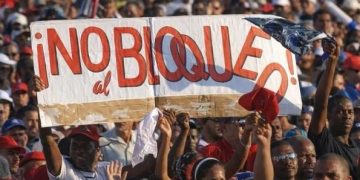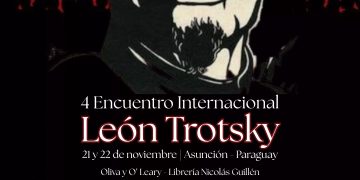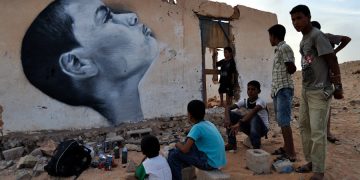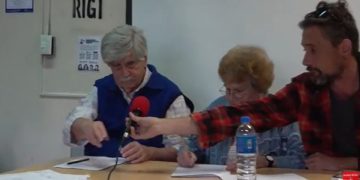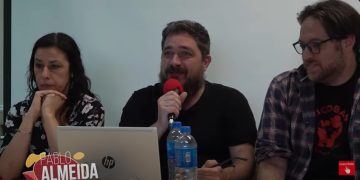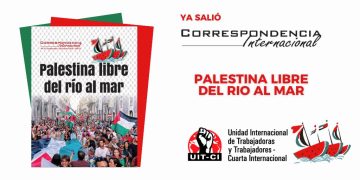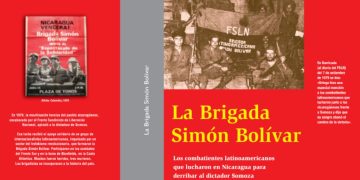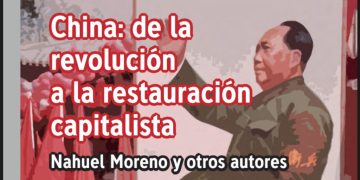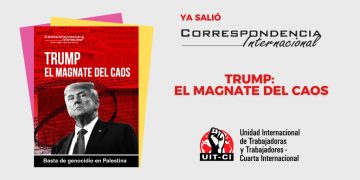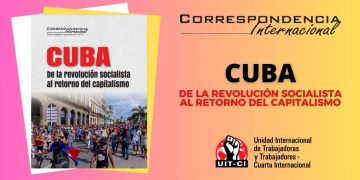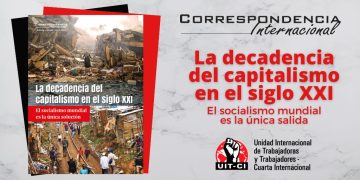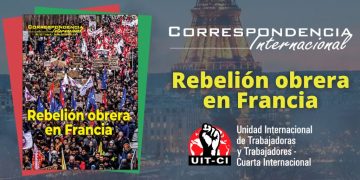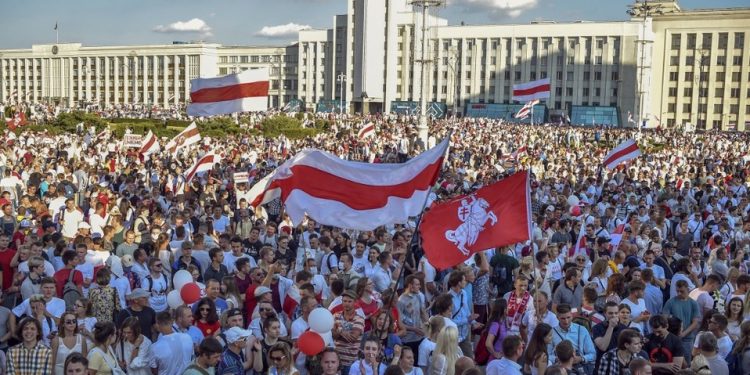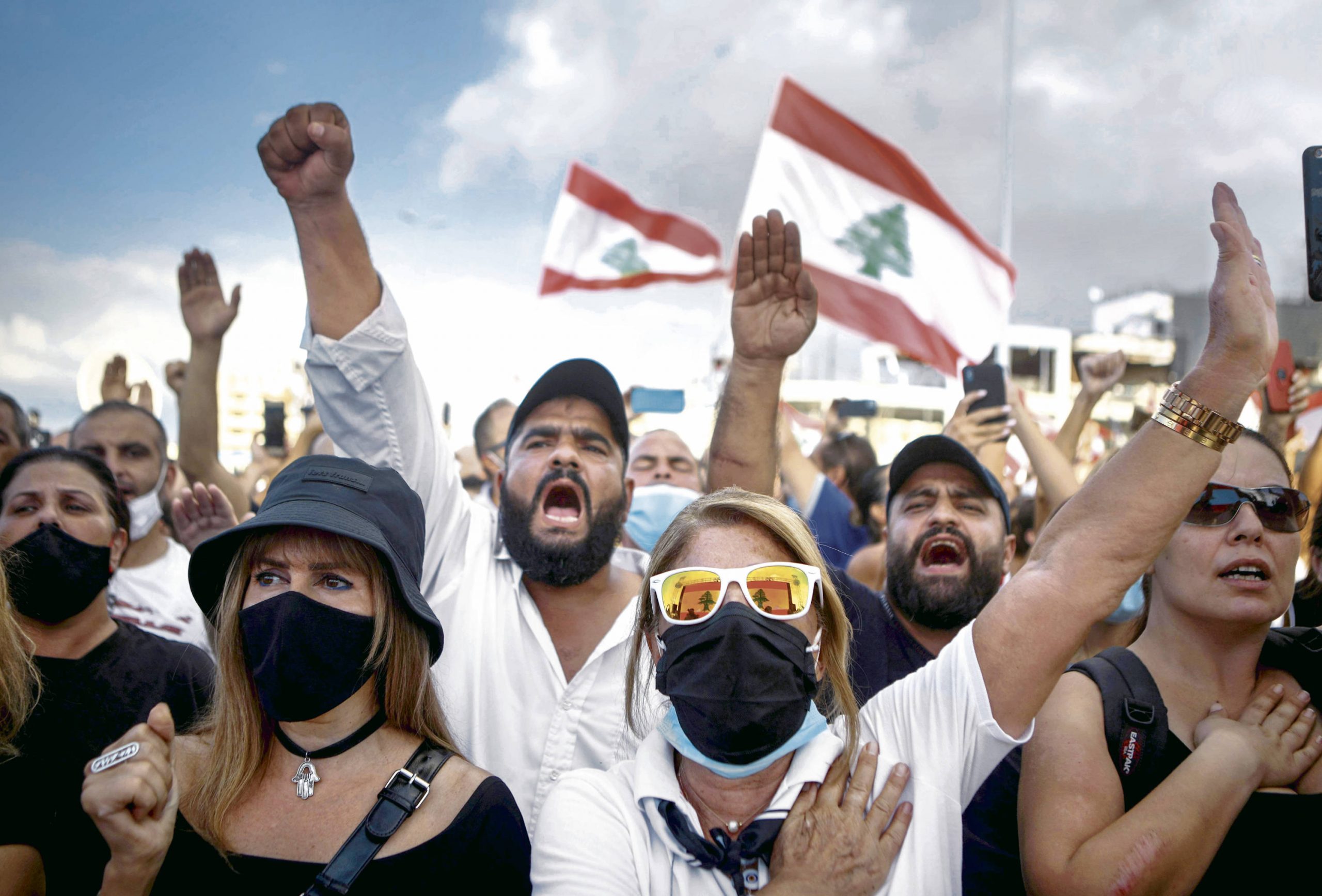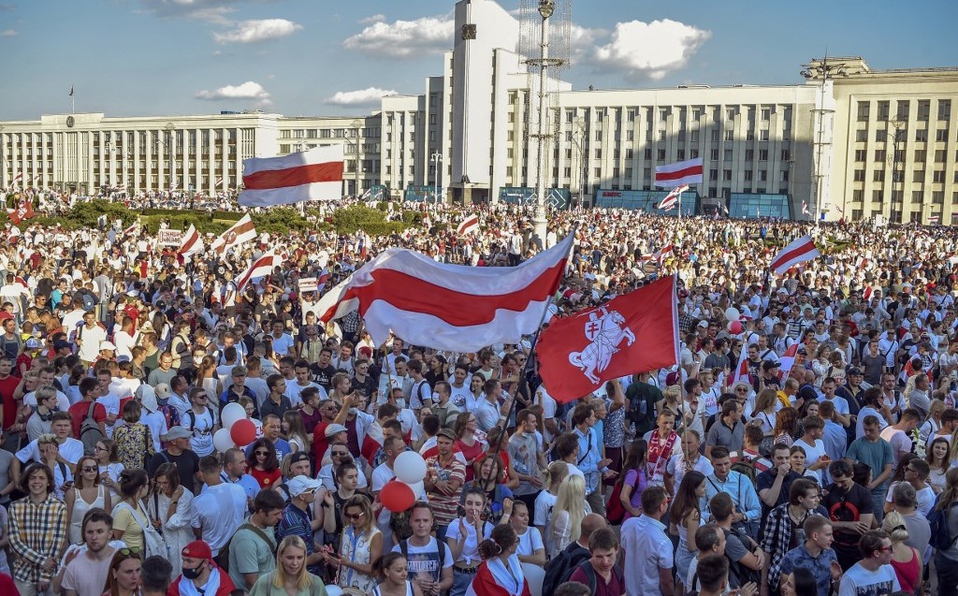 By Miguel Lamas, a leader of the IWU-FI, for El Socialista 473, 19 Aug 2020.
By Miguel Lamas, a leader of the IWU-FI, for El Socialista 473, 19 Aug 2020.
With hundreds of thousands of people on the street and a general strike, the people of Belarus rejected the scandalous electoral fraud and demanded Lukashenko should go, the dictatorship that has been in power for 26 years.
On Sunday 9 August there were elections in Belarus and, as it has been happening since 1994, the electoral Court proclaimed Lukashenko’s triumph with the 80 per cent of the votes, against Svetlana Tikhanovskaya with an alleged 9 per cent.
Before the elections, Lukashenko imprisoned two opposing candidates charging them of being members of a “foreign conspiracy”, one of them Svetlana Tikhanovskaya’s husband. Another potential candidate with electoral possibilities, a member of the Russian Gazprombank, fled after he received the tip he would also be arrested.
During the campaign, the activists were persecuted by the KGB (political police that keeps Stalin’s times’ name); the meetings held by the opposition were repressed and hundreds of people ended in prison. The independent observers, the opposition parties, and the international observers could not audit the election.
Protests erupt
Most of the population did not believe in Lukashenko’s “triumph”; they took to the streets massively and the unions declared a general strike against the ballot fraud. “The protests are unprecedented in their scale as people in dozens of cities, towns, and even villages rise and call for the main opposition figure, Svetlana Tikhanovskaya, [who fled to exile] to be recognised as the winner of Sunday’s presidential election”, pointed out BBC correspondent Tatsiana Melnichuk.
The government reacted with exceedingly strong police repression, causing hundreds of injured and tortured people, 7,000 arrested, and the internet was gone for days. This situation only enhanced popular repudiation.
On Sunday 16 August, protests continued for the eighth consecutive day. An estimation of over 250,000 people joined in “The Freedom March” in Minsk. There were also massive demos in Gomel, the second city after del capital Minsk.
According to the Belarusian media, workers went on strike and held spontaneous meetings in over a hundred big companies, including BelAZ (off-road trucks Zhodino), MAZ (trucks and buses, Minsk), Integral (electronics, Minsk), Keramin (ceramic tiles, Minsk), MTZ (tractors, Minsk), Grodno Azot (chemicals, Grodno), and Belaruskaliy (potassium fertilisers).
Lukashenko’s supporters met on Sunday 16 August in the centre of Minsk in a counter-demonstration with few people, the ones who attended were threatened to lose their jobs.
Lukashenko’s regime
Belarus is between Russia and Poland; it has over nine million inhabitants and it was a part of the old Soviet Union. As Russia and other emerging States of the USSR in 1991 achieved independence through a general strike that lasted a month. Although the Stalinist regime of one party fell, capitalism was restored through a regime built by former state bureaucrats associated with new capitalists. Belarus still has an important share of state-run companies, though in the capitalist free market, with imperialist inversions in the most advanced sectors (ICT) and banks.
The democratic openness conquered by the mobilised workers in 1991 was becoming more and more restricted. From 1994 to this day, the dictatorial government of Aleksander Lukashenko consolidated in power through rigged elections. He keeps in good terms with Russia and Putin, whom he has asked for “help”.
The present crisis of the regime was not only the result of the electoral fraud, but the weariness of the constant repression of democratic liberties, including union freedom and the political organisation of the workers, the attacks on workers’ rights, and the social crisis. Last year a strong economic recession started. The government enacted laws that allow lay-offs, impose temporary contracts, cut social benefits, raise the retirement age, and enable European and Russian investments. It also boosted the foreign debt, and it started privatisation of state-run companies, deepening dependence with international capital.
Corona virus aggravated this situation. Like Trump and Bolsonaro, Lukashenko denied the seriousness of the pandemic and tried to hide the real impact it had on the population’s health. The 65-year-old president suggested Belarusian should combat the virus with vodka, saunas, and hard work. Today, Belarus surpassed 70,000 cases, though these figures may not be accurate. Lukashenko himself had Corona virus!
Lukashenko Leave!
Mrs Tikhanovskaya capitalised on the popular rage against Lukashenko as the unique electoral alternative. Even Lukashenko strengthened this by saying that “our society is not ready to elect a woman as president” [https://www.sandiegouniontribune.com/belarus-leader-lukashenko-a-woman-still-cant-be-2016sep11-story.html]. As a result, hundreds of thousands of women became the vanguard of the demonstrations.
Tikhanovskaya is a pro-capitalist candidate too. She has the support of the European imperialist sectors and the Ukrainian capitalists. Her government programme, though it is not mentioned, has to move forward with the privatisations and reinforce the dependence on foreign capital.
The other crucial element in the Belarusian protests is the central role of industrial workers and unions. They call to a general strike and they include in their demands for political democracy, no to privatisations, the defence of jobs, stability and labour rights, and complete freedom of union organisation.
In the IWU-FI we support the workers’ and popular democratic rebellion of the Belarusian people to end the dictatorship and impose free and democratic elections. For the development of the strike. Against any repressive intent or military intervention, both from within or from Putin and Russia. We consider the building of a political alternative for workers as a need to continue with the fight for substantial changes the Belarusian people need, and that implies a workers’ government.
We call for the international solidarity in support of the workers and the people of Belarus to throw dictator Lukashenko and impose the democratic and social demands they claim.








